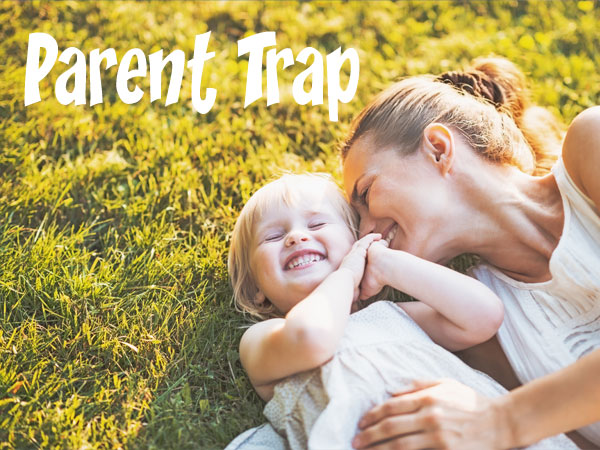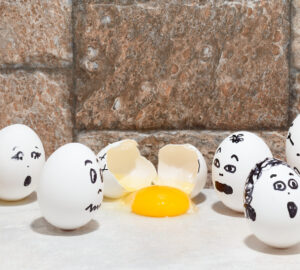After being inundated for months with frightening news, we’d all do well to focus our attention on a tried-and-true remedy for our anxiety: kindness. Despite Charles Darwin’s famous thoughts on survival of the fittest, he wrote even more about the importance of caring for each other as the most vital part of surviving. Berkeley professor Dacher Kelner’s research revealed that our socially intelligent ancestors who brought people together were more likely to advance to the top of the social ladder than domineering, fear-inspiring types. So, we have been hard-wired to be kind and caring toward others, and in doing so, we can achieve amazing benefits.
Research suggests that kindness correlates to a greater level of happiness and enhanced well-being. Engaging in acts of kindness causes the body to produce oxytocin, serotonin, dopamine and endorphins, as well as decrease stress hormones like cortisol. The result is improved mood, feeling calmer and happier, lowered blood pressure, improved overall health, more energy, raised self-esteem and optimism, and a longer life span. Not a bad return on your investment of altruism. In addition, when you are kind to another person, your brain’s pleasure and reward centers activate as if you were the recipient of the good deed, not the giver. This phenomenon is referred to as the ‘helper’s high.’
Whether you’re the giver, the receiver, or you simply just witness kindness being given to somebody else, you reap tremendous benefits to your health. The increase in oxytocin gives us a raised sense of connectedness and trust, two feelings we need more of these days. The recipient or the witness of an act of kindness are more likely to pay it forward. Thus, one good deed can create a ripple effect that improves the lives and moods of many more people. Individuals are naturally more compassionate to other people than they are to themselves. Being kind to yourself, i.e., having self-compassion, results in people becoming more motivated to change for the better, learn from their past mistakes, and experience more happiness, life satisfaction and optimism. So, don’t be kind to others to the detriment of yourself.
I’ll leave you with one of my favorite stories demonstrating an act of kindness.
A bus was driving along a small back road one day. In one seat was an old man holding a bunch of fresh flowers. A young girl sitting across the aisle couldn’t stop staring at the beautiful flowers. When it was time for the man to get off, he handed the flowers to the girl and said, “I can see you love flowers, and I think my wife would like for you to have them. I’ll tell her I gave them to you.” The girl accepted the gift, then watched as the old man got off the bus and walked through the gate of a small cemetery.
Tim Jordan, M.D., is a behavioral pediatrician who works with girls in grade school through college. Check out his new online course, Parenting girls: The challenges girls face today with their feelings and friends and what they need, at drtimjordan.com.








